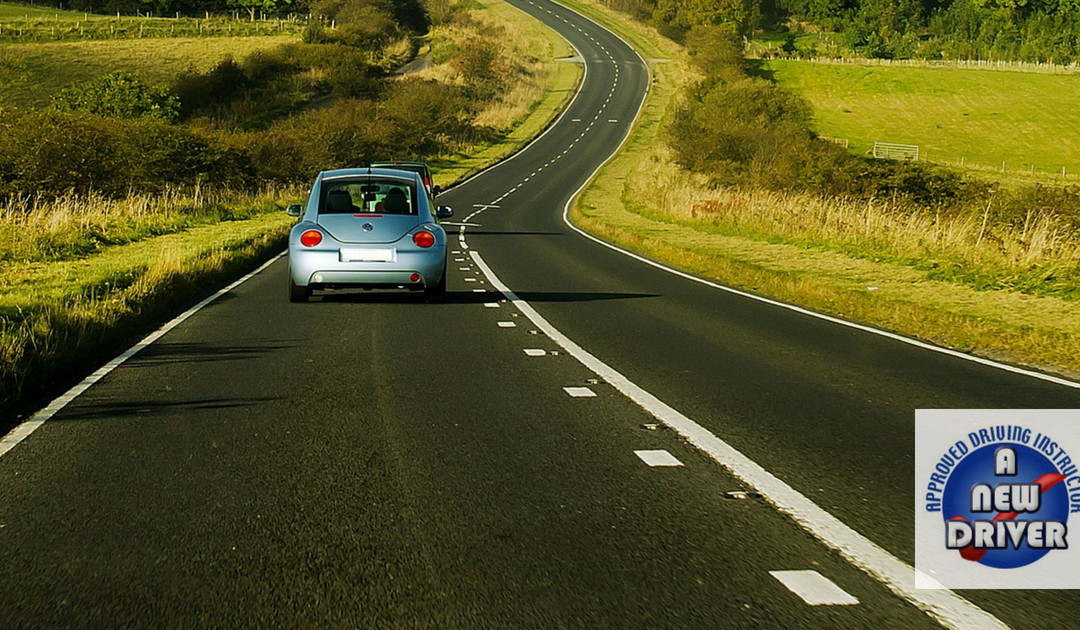
Safety Tips for Summer Car Traveling
Driving during the summer in hot weather conditions can pose significant challenges and risks to the health and safety of drivers and passengers, so it is important to keep in mind these safety tips for summer car traveling.
Safety Tips for Summer Car Traveling
 Plenty of fluids
Plenty of fluids
Plenty of fluids is one of the most import safety tips for summer car traveling. Fluids are important for you and for your car as well. Cars and drivers must top up on fluids before taking any trips. For drivers, driving while you are hot will cause you to become dehydrated more quickly. Make sure you take on fluids regularly because dehydration reduces your ability to think and react, and therefore increases the risk you’ll have an accident.
For the cars, the engines get extremely hot in warm weather. Ensure your coolant is always topped up and turn off your engine during traffic. Windscreens also get very dirty in dry weather and marks can amplify sun glare. Plenty of windscreen washer fluid or water will help you maintain a clear view of the sun.
Drive cool
Starting with a cool car is another important safety tip for summer car traveling. Give yourself the best chance of a relaxing drive in the sun by not getting into an already baking hot car. Parking in the shade, opening your doors and windows or running your air-con for a few minutes before setting off will cool your car down, so that you can avoid getting worked up by the heat before a journey. Keep your vehicle well ventilated to avoid drowsiness and possible sunstrokes. Sunstroke is when your body overheats, and it can be particularly problematic for motorcyclists in heavy protective gear if riding in slow traffic where the wind chill doesn’t provide any cooling effect.
Be mindful of summer allergies
Allergies can be very problematic when driving. The last place you want to be constantly sneezing is behind the wheel of a car while driving. Another problem can be if you are taking anti-histamines tablets, as their known to give side effects such as blurred vision and drowsiness, which would evidently impair a person’s ability to drive. Always keep the following in mind:
- Only take medication which doesn’t cause drowsiness
- Consider getting someone else to drive if you are having a particularly bad hayfever day
- Consider cabin pollen filters for your make of vehicle
- Keep tissues close to hand
- Slow down and drop back if you’re about to sneeze
- Wear sunglasses to block out bright sunlight
- Close windows and air vents to reduce pollen grains getting into the vehicle
- Vacuum car mats and carpets regularly during summer, to get rid of dust
Tyre condition
Tyre blowouts are a common occurrence in hot weather. According to the AA, tyres with existing damage that are under inflated will become even more aggravated at higher temperatures, which increases the likelihood of blowouts and punctures. Keep your tyre pressure at the optimum level for summer driving.
You can also read more about driving distractions and safety here.

 Plenty of fluids
Plenty of fluids